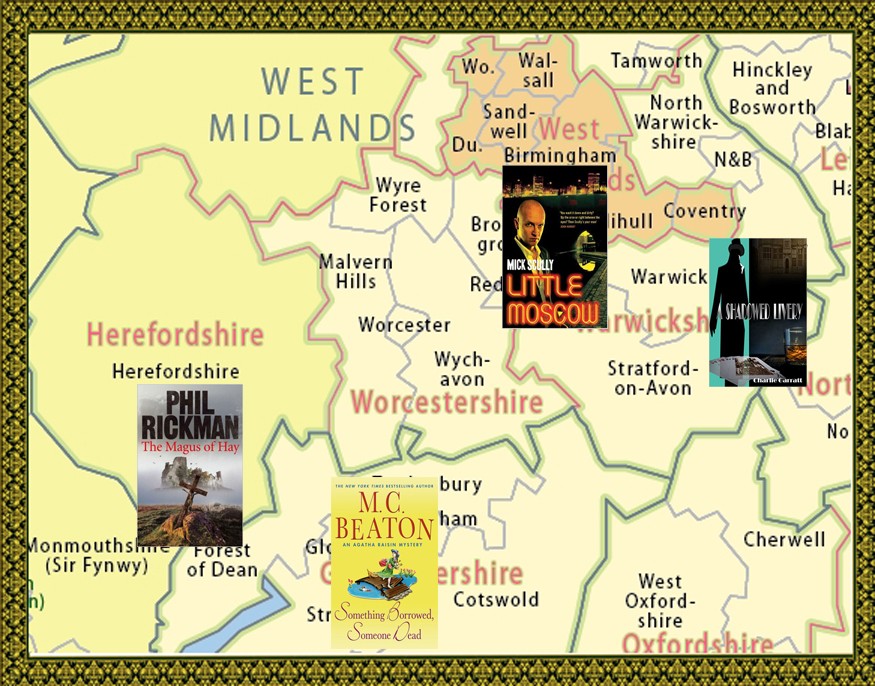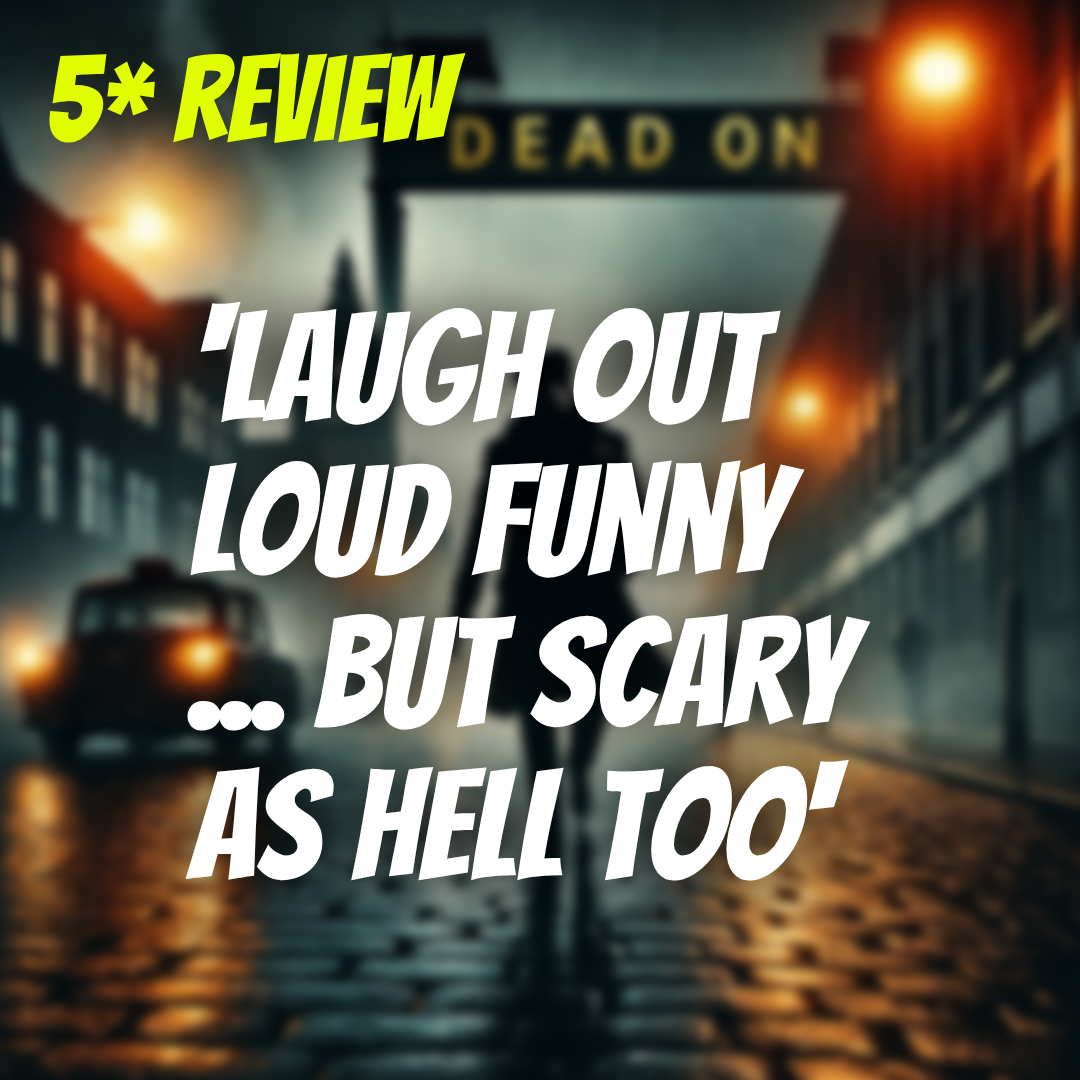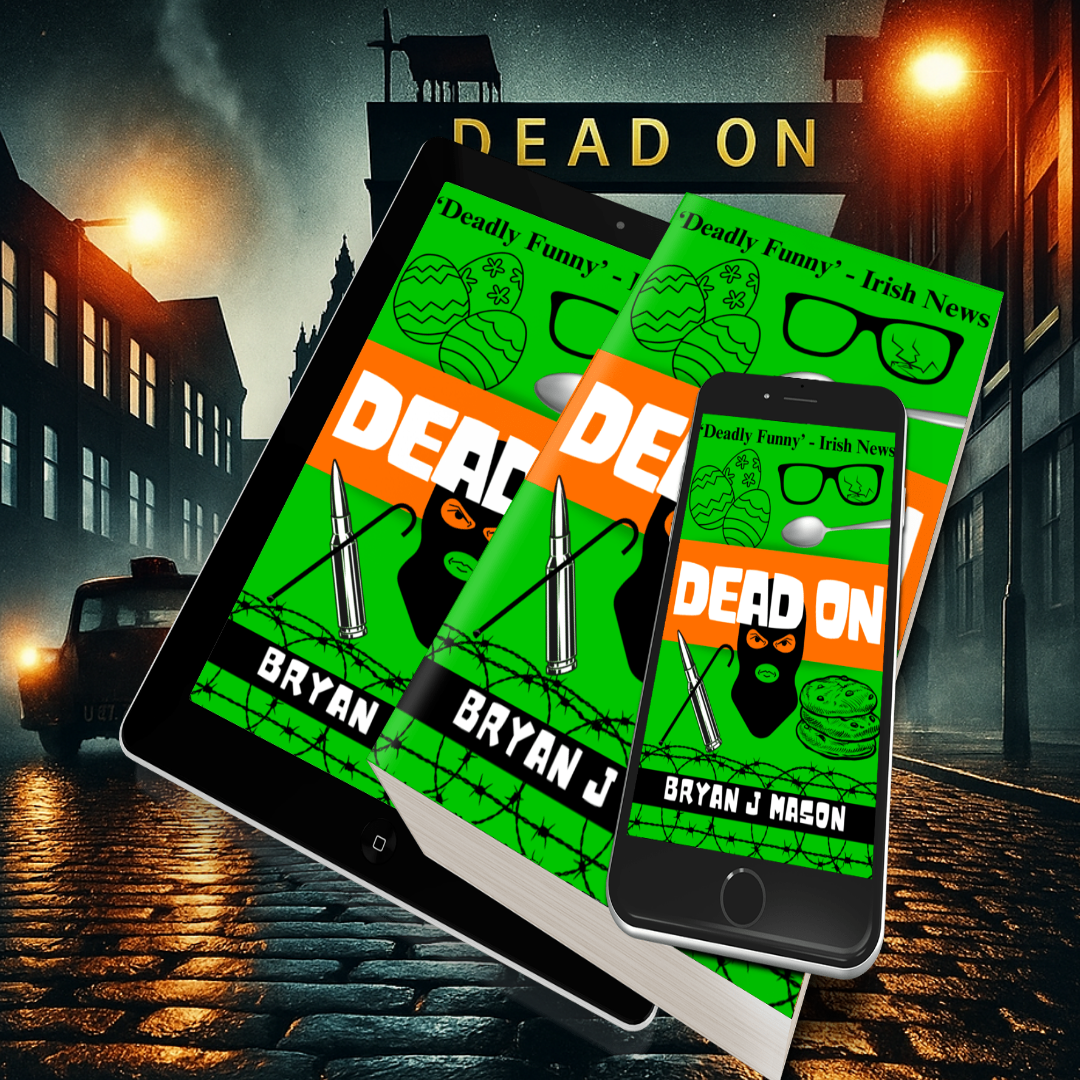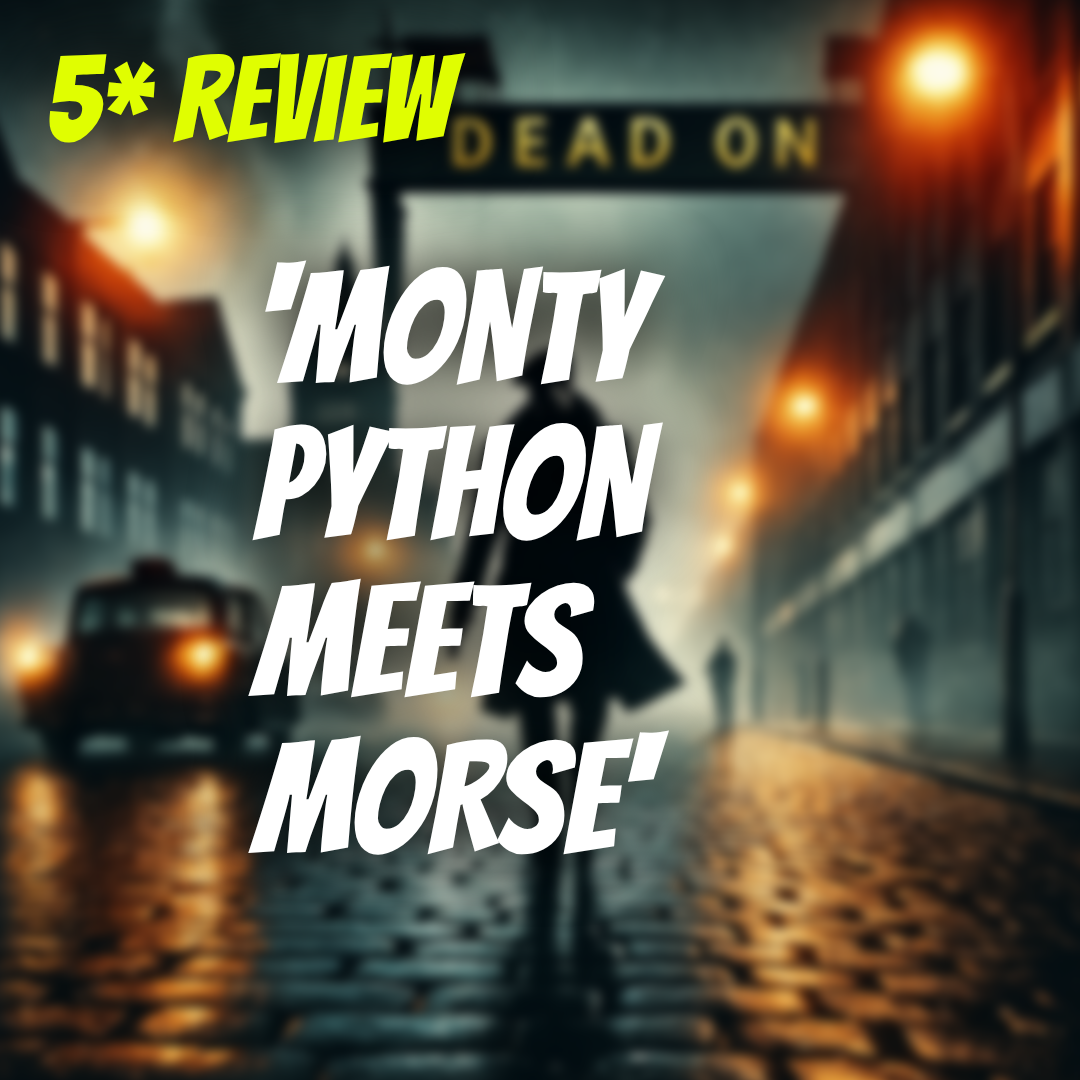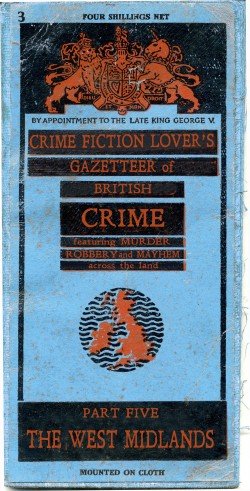 If you’re a regular visitor to Crime Fiction Lover, perhaps you’ve been following our gazetteer series, where we focus on fine crime writers who’ve established themselves and written substantial works set in specific regions of the United Kingdom. In the past we’ve looked at Scotland, East Anglia, the South West and the North East. Now we’re going to fire at England’s bullseye, and the industrial heart of the country…
If you’re a regular visitor to Crime Fiction Lover, perhaps you’ve been following our gazetteer series, where we focus on fine crime writers who’ve established themselves and written substantial works set in specific regions of the United Kingdom. In the past we’ve looked at Scotland, East Anglia, the South West and the North East. Now we’re going to fire at England’s bullseye, and the industrial heart of the country…
Part 5: The West Midlands
This region has produced more than its fair share of writers whose works sit comfortably on the shelf marked ‘Classics – must read’. Mary Ann Evans, aka George Eliot, was a Nuneaton girl, born and bred; Arnold Bennett, amazingly popular in his day, was born in The Potteries of Stoke-on-Trent; Philip Larkin, born in Coventry; CP Snow, Leicester; Wilfred Owen, Shropshire; Tolkien’s Two Towers were influenced by the the foundry chimneys of Birmingham; and… oh yes, that Shakespeare fellow, who came from Stratford. But we are talking crime fiction today, and the region can more than hold its own in this special genre.
 Mick Scully
Mick Scully
Birmingham is in the middle of the West Midlands region. It’s a big city, multicultural but also full of the grim realities of urban decay. Mick Scully’s debut novel, The Norway Room, reflects this and was awarded five stars here on the site. This book is as gritty and unflinching an account of the violent world of bar owners, lap-dancing clubs and street hustlers as you will ever read. Scully says that he has worked as a bouncer, teacher, acupuncturist and, now as a humanist funeral minister. Make of that what you will, but the Birmingham writer is certainly doing his best to put Britain’s so-called Second City on the crime fiction map.
Buy now on Amazon
 Charlie Garratt
Charlie Garratt
The author is now a resident of Donegal, but spent many years working as an engineer in the unglamorous city of Coventry. It is in the rather more salubrious setting of nearby rural Warwickshire that his debut novel, A Shadowed Livery, is set. A murder in a country house poses a problem for young police officer James Given, but Garratt gives us a beautiful portrait of the area around Kenilworth and Warwick just before World War II. A darker touch is provided by the fact that Given’s first name is actually Jacob, and his family are Russian Jews who escaped the pogroms of their native land and found a living working as tailors among the smoke, noise and bustle of Birmingham.
Buy now on Amazon
 Phil Rickman
Phil Rickman
With the recent TV mini series Midwinter Of The Spirit, the world and his wife became aware of the Rev Merrily Watkins, vicar of Ledwardine, single mum, serious smoker… and ‘deliverance consultant’ to the Diocese of Hereford. The Merrily Watkins novels have been around since 1998, and while tag-lines like ‘The Exorcist meets The Vicar of Dibley’ were just too tempting for newspaper hacks to avoid, the single most powerful character in the novels is the brooding landscapes of Hereford, Worcester, and the Welsh borderlands. The green hills which turn menacing with a shifting cloud, the centuries-old farms and manors, the gloomy, disused methodist chapels in isolated villages – all provide a matchless backdrop against which Merrily Watkins pursues her unique vocation. Phil Rickman talked to us about his work in this interview, and you can also read our review of the 12th Merrily Watkins story, The Magus of Hay.
Buy now on Amazon
 MC Beaton
MC Beaton
The author MC Beaton was actually born in Glasgow, but resisted the temptation to become the founder member of the Tartan Noir group. Instead she wrote Regency romances, and then entertained us with her combination of the Cotswolds and an irresistibly nosy female sleuth. Thus was born Agatha Raisin, the heroine of many a mystery set amid the warm glow of Gloucestershire’s limestone cottages. West Country folk might claim Agatha as their own, but we’ll let the Midlands win the tug-of-war today. In Something Borrowed Something Dead Agatha Raisin investigates the death of a village incomer – poisoned by a glass of elderberry wine. The cosy settings of the Agatha Raisin books conceal the fact that village life can be just as cut-throat as life in the big city. Beaton also pokes friendly fun at middle class ways, as in the 2002 series opener where Agatha is accused of poisoning a rival in a baking competition. The title? Wait for it – Agatha Raisin and the Quiche of Death!
Buy now on Amazon
Click here to see our other Gazetteer of British Crime articles.





